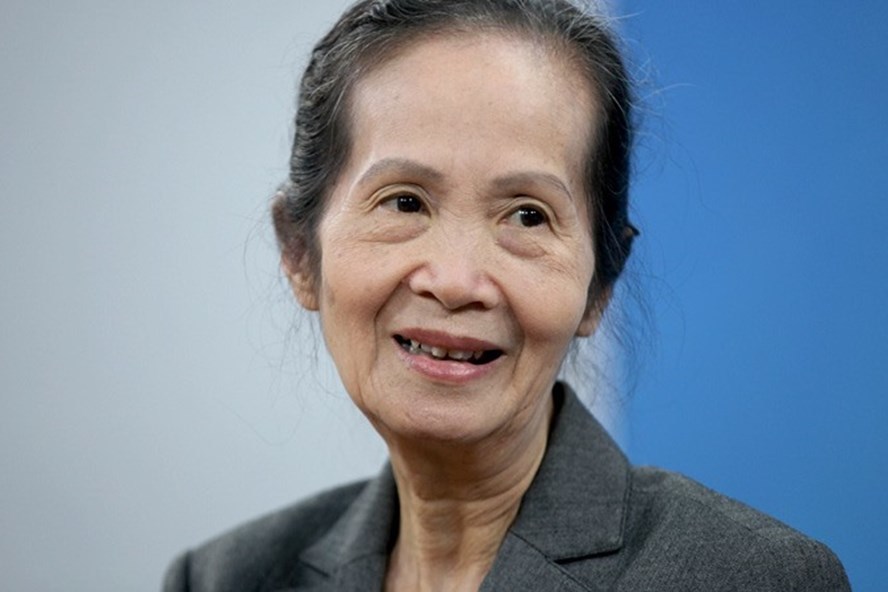 |
|
Economist Pham Chi Lan.
|
Fair treatment among investors regardless of their nationality would ensure long-term attractiveness and sustainability of Vietnam’s business environment, according to economist Pham Chi Lan.
Vietnam is expected to draft the new FDI strategy based on the provision of the same incentives for both FDI and domestic enterprises, Lan said in an interview with the governmental portal.
Under this context, both domestic and overseas investors putting money in Vietnam’s priority fields or projects using cutting-edge and environmentally-friendly technologies would receive the same preferential treatments.
The move, according to Lan, would not impact Vietnam’s international commitments, mainly thanks to the widely recognized “national treatment” rule of the WTO, which gives foreign players the same treatment as one country’s own nationals have.
Moreover, a fair treatment-based policy would help Vietnam address some pending issues regarding the country’s ongoing efforts to attract FDI, Lan added.
Despite the global recognition as one of Vietnam’s success stories, Vietnam has not been able to take advantage of technology transfer from foreign capital inflow, she said.
Additionally, the spillover effects from the FDI enterprises to the domestic sector remain modest, while the linkage between the two has left much to be desired.
The new FDI strategy, therefore, would require more from FDI projects, including environmental protection, greater spillover effects and tackling transfer pricing issues, Lan continued.
As of present, FDI remains an essential part of Vietnam’s economy, added Lan, saying even the most advanced countries such as the US or Japan pay great attention to their respective FDI attraction policies.
As Vietnam is going through a transitional period to a new phase of development based on technologies and science, FDI plays a key role for the country to create new breakthroughs in labor productivity.
Nevertheless, Lan said Vietnam must be clear on what fields FDI enterprises are allowed to invest in, which is important to prevent projects with high risks to the economy.
For long-term and sustainable growth, Lan expected Vietnam to maintain FDI policies that ensure a balance for the economy, society and environment. In addition, according to international practices, the host country can reject an FDI project which may pose threats to its security or national defense.
FDI commitments in Vietnam totaled US$10.8 billion in the first quarter of 2019, the best first-three-month performance to date, and soaring 86.2% year-on-year, according to the Ministry of Planning and Investment.
Additionally, disbursement of FDI projects jumped to US$4.12 billion in the year to February 20, representing an increase of 6.2% year-on-year.
The data shows that 74 countries and territories invested in Vietnam in the three-month period, with Hong Kong (China) taking the lead with US$4.4 billion, accounting for 40.7% of total investment. Singapore came second with US$1.46 billion or 13.5% of total investment, while the third place belonged to South Korea with US$1.3 billion or 12.2%. Hanoitimes
 Both domestic and foreign investors putting money in Vietnam’s priority fields or projects using cutting-edge and environmentally-friendly technologies should receive the same preferential treatments.
Both domestic and foreign investors putting money in Vietnam’s priority fields or projects using cutting-edge and environmentally-friendly technologies should receive the same preferential treatments.